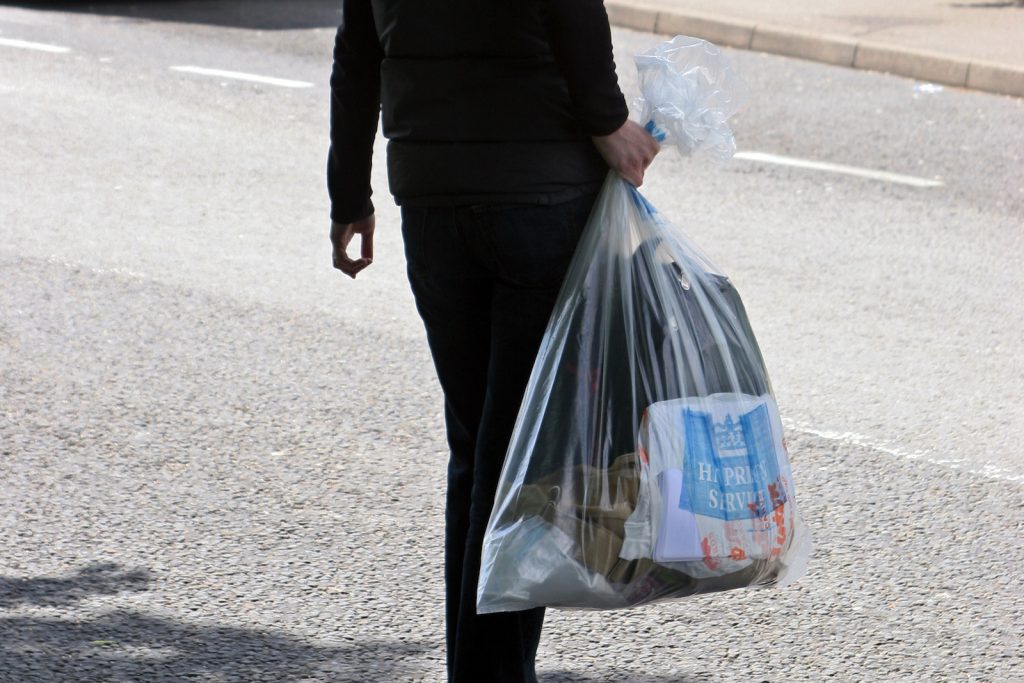More prisoners could stay out for good
Enabling prisoners to take responsibility for their own resettlement is key to helping them address the challenges they will face on release and reduce their risk of reoffending, according to a new report by the Prison Reform Trust.

Effective resettlement – the successful re-integration of people after prison – is a linchpin for reducing reoffending and a key element of the Coalition Government’s rehabilitation revolution. However, while prisoners hope to be out for good, almost half of adults released from prison are reconvicted within one year of release; the rate is 57% for those serving sentences of less than 12 months.
Factors linked to re-offending help to explain these high rates:
- 79% of offenders who are homeless at the time they go to prison are reconvicted, compared to 47% who have accommodation
- Over half of prisoners report that their drug-taking is a factor in acquisitive offences such as shoplifting, vehicle crime and theft
- Only 36% of people leaving prison go into a job, educational course or training
- 48% of prisoners are at, or below, the level expected of an 11 year old in reading, 65% in numeracy and 82% in writing
Drawing on the views and experiences of prisoners, along with prison governors and staff and voluntary sector providers, the Prison Reform Trust, supported by the Pilgrim Trust, conducted applied research to determine what makes for effective resettlement. The reports’ authors visited nine prisons, held discussion groups with about 40 prisoners and 30 staff, and interviewed 34 individual prisoners, and a wide range of staff from the prison service and the voluntary sector. The report, entitled Out for Good: taking responsibility for resettlement, also draws on data provided by the Prisoners Education Trust, from its Inside Time survey of 532 prisoners on their plans for resettlement.
Key to effective resettlement was a commitment by prison staff to work closely with the prisoner not just to do things to, or for them. Alongside controlling risk and managing cases, prison staff and support services needed to share responsibility with the person preparing for his or her resettlement. Prison staff should enable offenders to make choices about the practical challenges they will face on release, and support those choices with appropriate help and advice.
The prisoners interviewed as part of the study advocated a new set of priorities for resettlement work while in prison. These include:
- An individual approach to each prisoner
- Provision of information prisoners need to make reasoned decisions
- Enhanced communication with the outside
- Extended use of Release on Temporary Licence
- Training focused on employable skills
- Improved contact with family and involvement of families in preparation for release
Most of the solutions to effective resettlement do not lie behind bars. The report recommends that the Ministry of Justice should work across government departments and local authorities to put in place housing, employment, health and social care and family support which are pivotal to successful rehabilitation.
The report also recommends that prison managers should place the concept of sharing responsibility for resettlement between staff members and individual prisoners at the heart of their resettlement strategy. Every resettlement team should develop links to community-based organisations with the expertise prisoners need, including housing, finance and debt, family support and employment.
It also recommends that the government should commission a payment by results pilot scheme which fully recognises the offender as a responsible and active agent in the resettlement process. For instance, former prisoners who did not reoffend could be consulted about which services contributed most to their successful integration. This information could be used to inform future commissioning decisions.
Commenting in the Foreword to the report, Lord Woolf, chair of the Prison Reform Trust, said:
“Responsibility should become a central concept of penal policy the responsibility of the Prison Service to provide so far as is practical constructive conditions in which a sentence is served and the responsibility of the prisoners to respond positively when constructive opportunities are made available to them while in prison and after their release.
“If the prisoner is unable to exercise responsibility during their sentence, the likely outcome is a creeping and all pervading dependency by prisoners on the prison authorities during their sentence and an inability to exercise responsibility after their release. So prisoners should be given the opportunity to make choices and be held responsible for the choices they make. In this way responsibility is being placed on prisoners to make positive use of their sentence.”
Juliet Lyon, Director of the Prison Reform Trust, said:
“It doesn’t make social or economic sense to imprison people only to release them a few months later homeless, jobless and ready to offend again. Solutions lie in responsible resettlement and agencies working together to help people lead a law abiding life back in their communities.”